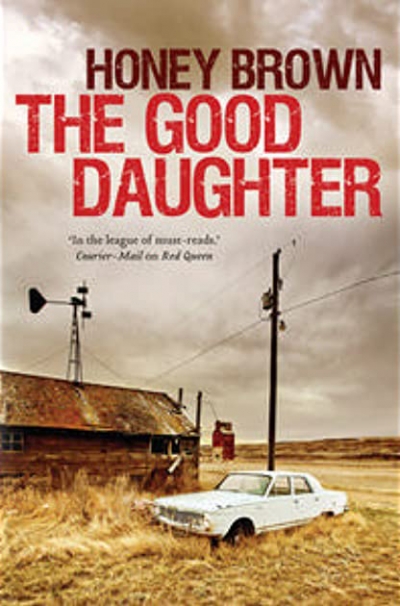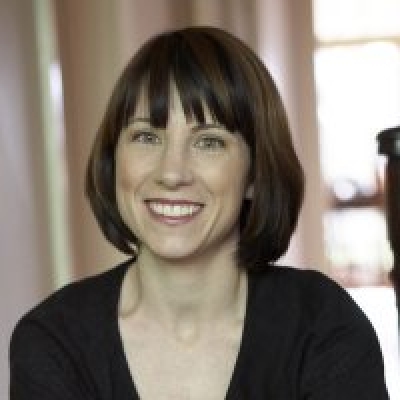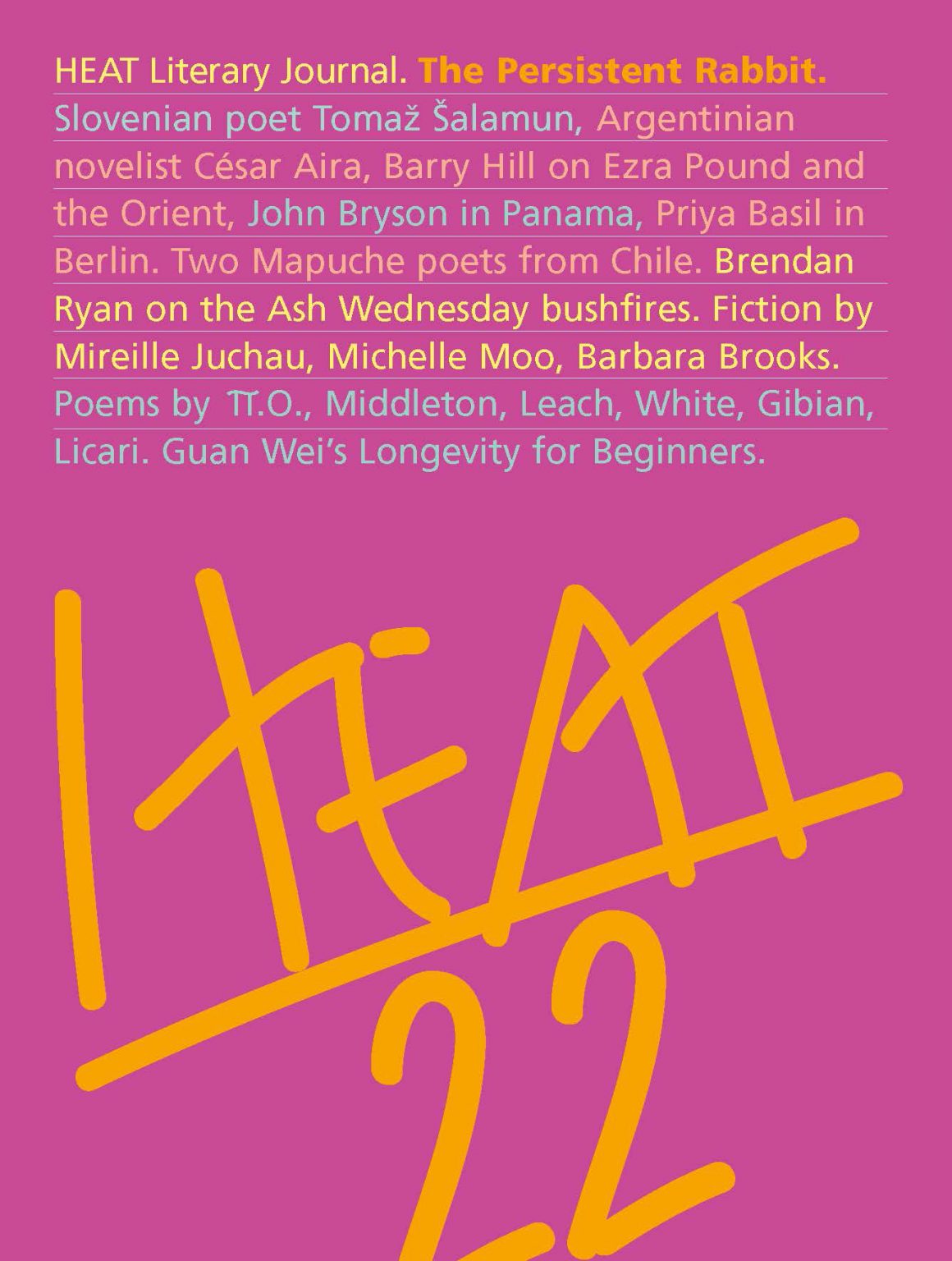Archive
Film | Theatre | Art | Opera | Music | Television | Festivals
Welcome to ABR Arts, home to some of Australia's best arts journalism. We review film, theatre, opera, music, television, art exhibitions – and more. To read ABR Arts articles in full, subscribe to ABR or take out an ABR Arts subscription. Both packages give full access to our arts reviews the moment they are published online and to our extensive arts archive.
Meanwhile, the ABR Arts e-newsletter, published every second Tuesday, will keep you up-to-date as to our recent arts reviews.
Recent reviews
Why do you write?
It is the one ambition I’ve ever had. Some bleak days I think that my desire to write is no more than an unshakeable habit. On other days I think that writing allows me to have and make other worlds. All the difficulty of writing is in service to this freedom. Also, the habit of writing renews experience: it makes me notice things with a new distance and curiosity, and wonder how they might work in writing; it means that I always have something to think about on the train.
Are you a vivid dreamer?
Yes, but my most vivid dreams are nightmares. They make me glad to wake. I miss the dreams of flying that I had when I was growing up.
... (read more)









